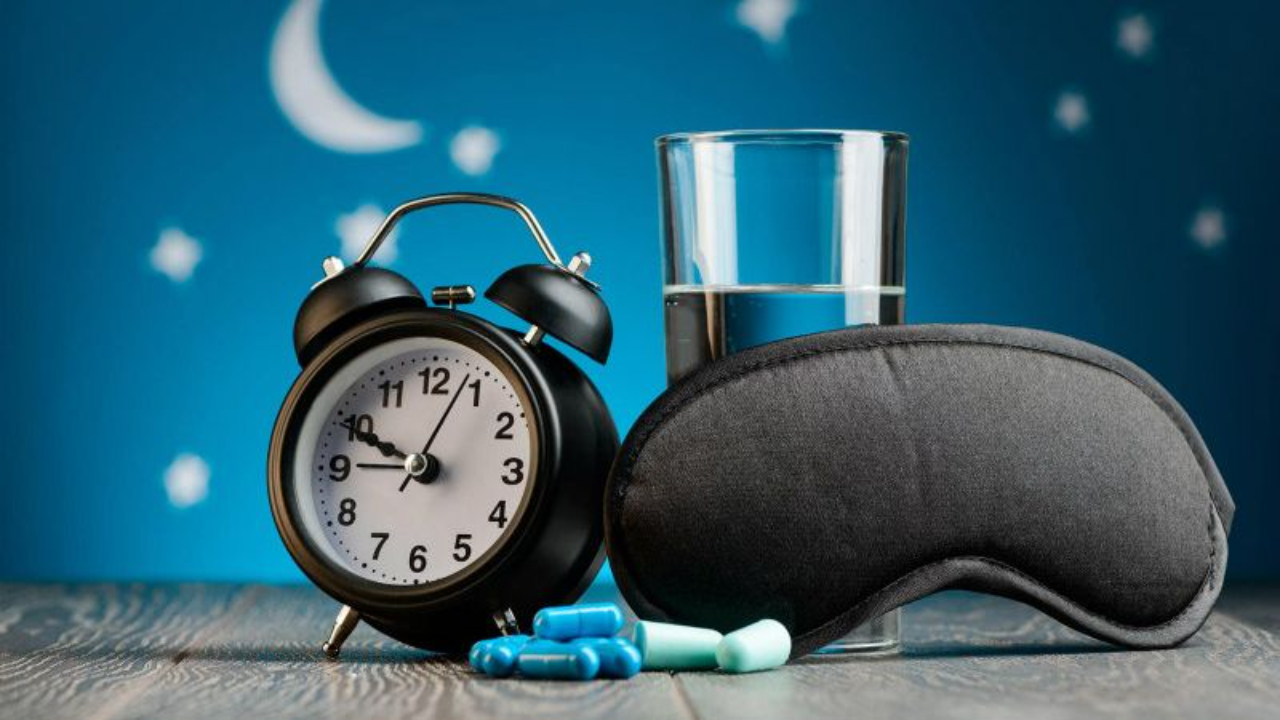
Optimizing Sleep Hygiene: 10 Keys to a Good Night’s Sleep
Jul 13, 2021By Jennifer Engels, MD
What is Sleep Hygiene and How Can You Achieve It?
Before talking about sleep hygiene and how to achieve it, perhaps we first need to emphasize the importance of getting an adequate amount of sleep. Stated simply, getting adequate sleep is crucial to maintaining both your mental and physical health, and if you’re consistently getting less than seven hours of sleep a night, you’re quite possibly suffering from the effects of a sleep deficit. Among its effects, sleep deficit affects your energy, your appearance, ability to lose weight and your brain function.
According to recommendations from the CDC, adults ages 18-64 should be getting 7-9 hours of sleep a night and those 65 and over, 7-8 hours a night.
Stages of sleep
In addition to the amount of time spent sleeping, the quality of your sleep is also important. To get a good night’s rest, your body needs two types of sleep, deep sleep and REM (Rapid Eye Movement) sleep. Deep sleep occurs approximately 45 minutes to an hour after you fall asleep and is associated with important changes in your body. During deep sleep the body heals itself, replacing cells, healing wounds and building muscle tissue.
REM is the deepest stage of sleep and occurs about 90 minutes after you fall asleep. During the REM stage the irises of your eyes move rapidly and you experience vivid dreams. This stage restores your brain and is good for memory and learning. Typically, you can experience three to five periods of deep sleep nightly, each last about 10 minutes.
What is sleep hygiene?
Sleep hygiene simply means having good sleep habits, doing the kinds of things that put you in the best position to sleep well each and every night. If you sometimes find yourself tossing and turning, looking at the clock at 3:00 AM, getting a good night’s sleep might seem like the impossible dream. But it really is’’t. Getting a good night’s sleep is more under your control than you might realize, and following a few healthy sleep habits can mean the difference between restlessness nights and healthy, restful slumber.
Tips to improve your sleep
To help you get the restful sleep your mind and body need, here are 10 tips to help you create good sleep habits that, hopefully, will make the sleep of your dreams a nightly reality.
- Limit or avoid caffeine and alcohol. As we all know, caffeine is a stimulant, and its effects can last three to seven hours after you consume it. Everyone has a different tolerance to it, but generally it’s better to avoid caffeine (found in coffee, tea, chocolate, colas and some pain relievers) four to six hours before your bedtime. On the other hand, alcohol may help you fall asleep, but after a few hours it acts as a stimulant and generally decreases the quality of sleep. It’s best to limit alcohol to one or two drinks a day, or less, and avoid drinking within three hours of bedtime.
- Create a sleep-inducing environment in your bedroom. A quiet, cool, dark environment can promote sound sleep. Keep the temperature comfortably cool – between 60 and 75° – and well ventilated and use ear plugs or a white noise machine, if needed, to block outside noise. And frankly, it’s a good idea to limit your bed to sleep and intimacy to help strengthen your brain’s association between your bed and sleep. Even reading can be disruptive if it keeps your brain alert. Try reading on the couch before moving to your bed for sleep.
- Keep a consistent sleep schedule. Try to go to sleep and wake up at the same times, even on the weekends. This practice reinforces your body’s sleep cycle, which can make it easier to fall asleep and wake up every day. And make sure your regular bedtime allows you to get seven to eight hours of sleep a night.
- Turn off the electronic devices. Try not to look at any devices for at least one hour before bed, and if you must, try to use blue light blocking glasses. Devices like your phone emit blue light which can reduce melatonin levels in your body. Melatonin is a hormone your brain produces in response to darkness and helps with the time of your circadian rhythms (your internal 24-hour clock) and sleep. When your melatonin level dips it can be difficult to fall asleep. Even keeping your phone next to your bed can disrupt sleep because of messages, buzzing and light coming on in the middle of the night, leading to interrupted sleep.
- Create a relaxing bedtime routine. A relaxing bedtime routine, started 30 to 60 minutes before you go to bed can help you unwind, while also helping your body recognize that it’s time for bed when you start the routine. Your routine can include anything that helps you relax, as long as it does not involve devices that emit blue light. Your routine might include a warm bath or shower, some simple stretching routines, meditating or listening to some smooth, soft music. If it involves reading, use a dim side lamp, and definitely do not read from a Kindle or another electronic device before going to bed. Generally avoid anything stressful or overly stimulating, like work or an emotional conversation. Stressful activity can cause the body to secrete the stress hormone cortisol, which is associated with increased alertness.
Beyond a bath or shower or a simple stretching routine you might consider yoga nidra to relieve the stresses of the day or deep breathing combined with meditation. There are some excellent meditation apps available online including Calm and Ten Percent Happier. RelaxMelodies is another app that offers a number of soothing background sounds – like a crackling fire or falling rain – to help lull you into peaceful slumber. And YouTube has a huge collection of calming music suitable for meditation and deep breathing exercises.
- Exercise regularly. Daily aerobic exercise can improve your sleep as well as being good for your overall health. Outside exercise is especially beneficial since exposure to natural light helps regulate your sleep cycle. Just avoid exercising an hour or two before your bedtime as this can increase energy levels and body temperature, making it more difficult to go to sleep.
- Go to sleep when you’re truly tired. If you haven’t fallen asleep within 20 minutes or so, get up, go to another room and do something relaxing that doesn’t involve exposure to blue light until you’re tired enough to sleep.
- Don’t watch the clock. If you’re having trouble sleeping, don’t lie in bed staring at the clock as that only increases your stress level. If necessary, turn the clock face away from you.
- Limit napping, or even avoid it if you can. Daytime napping can make it more difficult to fall asleep later and stay asleep through the night. If you do nap, try to keep it to 30 minutes or less and avoid late afternoon napping.
- Use natural light to your advantage. Natural light keeps your internal clock on a regular, healthy sleep/wake cycle. Let in sunlight first thing in the morning, and get out of your office or home for a sun break during the day. Another suggestion: Try to go for a walk at sunset. This helps you mind unwind from the day and signals the brain that it’s time to start settling in for the night.
Some final thoughts on sleep hygiene
The basic concept of sleep hygiene – that your habits and environment can be optimized for better sleep – applies to just about everyone, but what sleep hygiene looks like can vary from person to person. For that reason, as experts at the Sleep Foundation point out, you should try out different adjustments to determine what works for you, and you don’t have to change everything at once. A series of small steps can eventually lead to better sleep.
It’s also essential to remember that improving sleep hygiene doesn’t always resolve sleeping problems. People suffering from serious sleep issues such as obstructive sleep apnea may benefit from sleep hygiene, but other treatments may be needed as well.
If you continue to have problems with your sleep patterns, we urge you to contact us at WeCare Frisco for an initial consultation. Together, we can determine if there are underlying problems behind your sleep issues and work to find the treatment you need.



